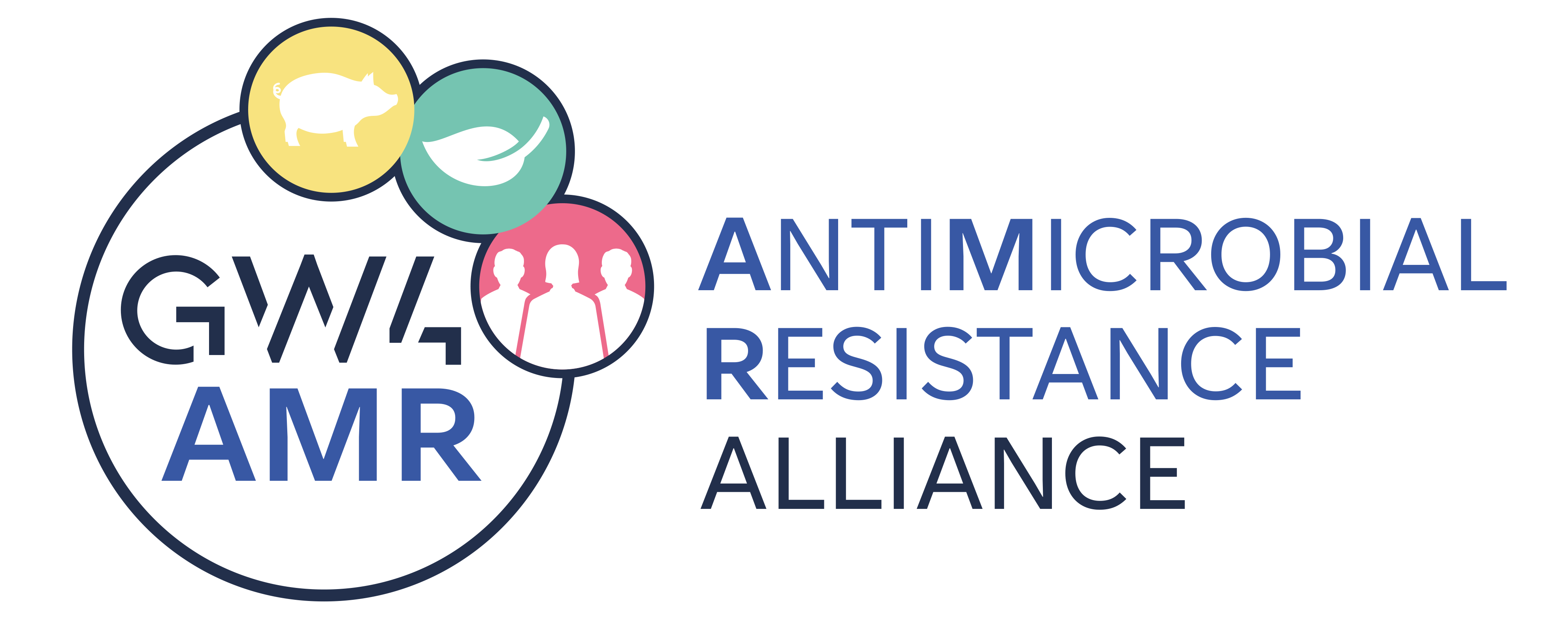Matthew is a Professor of Molecular Bacteriology and his research focuses on studying AMR in bacteria, using molecular genetics, biochemistry and functional genomics techniques to identify and characterise AMR mechanisms in key human pathogens, their mobilisation, and their control. This information is used to help to combat the problem of AMR by developing interdisciplinary research collaborations. Matthew leads the Bristol AMR interdisciplinary AMR research network which spans all 6 Faculties at the University of Bristol (funded by Wellcome ISSF). Matthew leads the NERC/BBSRC/MRC ‘One Health Health Selection and Transmission of Antimicrobial Resistance’ (OH-STAR) consortium, working with clinicians in Bristol’s two NHS Trusts to use whole genome sequencing (WGS) to survey urinary E. coli and all Gram-negative bacteria from bloodstream infections in the south west region. The project is monitoring ecological shifts resulting from local prescribing policy changes, to inform empiric prescribing and IV/oral switch for sepsis. The project also aims to 1) to identify how changes in prescribing practice in primary care can alter the prevalence of AMR infections in humans; 2) define the environmental and management factors that influence acquisition and selection of AMR bacteria in dairy cattle and in dogs and 3) to identify whether AMR bacteria from these animals impacts on AMR in human infections. The MRC/DoHSC ‘One Health Drivers of Antibacterial Resistance in Thailand’ (OH-DART) consortium is also led by Matthew with co-investigators at the Universities of Bath and Exeter, the UK Centre for Ecology and Hydrology, Mahidol University and the Chulaborn Research Institute in Thailand.
PROF KRISTEN REYHER
Professor Kristen Reyher leads the AMR Force, an interdisciplinary research group dedicated to tackling antimicrobial resistance. Her expertise extends to veterinary-client communication and evidence-based veterinary medicine. Kristen’s professional journey includes extensive experience in livestock veterinary practice across three countries.
She earned her Doctorate of Veterinary Medicine from Cornell University in New York State. She later pursued a PhD in veterinary epidemiology from the Atlantic Veterinary College in Prince Edward Island, Canada. Professor Reyher currently spearheads the AMR Force, securing over £10 million in funding from public sources, charities, and industry stakeholders. Notably, she pioneered the application of Motivational Interviewing, a counselling style, to enhance veterinarian-client communication.
Professor Reyher served as the principal investigator for the Global Resource for Online Evidence-based Veterinary Medicine (EBVM) Learning project, responsible for the creation of the widely utilised EBVM eLearning site, EBVMLearning.org. Among her notable achievements is orchestrating the data collection platform for Canada’s largest livestock research initiative through the Canadian Bovine Mastitis Research Network. She is passionate about making research accessible to veterinary practitioners globally and remains dedicated to advancing veterinary science and addressing the critical issue of antimicrobial resistance.
PROF HELEN LAMBERT
Helen is a Professor of Medical Anthropology at the University of Bristol’s Medical School and a UKRI GCRF Global Challenge Leader for Health. Helen is interested in the application of anthropological perspectives to a range of public health issues. These include anthropological and interdisciplinary research on antimicrobial resistance (AMR), social and cultural dimensions of health systems and the role of ethnographic and other forms of qualitative research evidence in the formulation and evaluation of public health interventions. Helen leads a Newton Fund UK-China AMR Partnerships Initiative award on ‘Strategies to reduce the burden of antibiotic resistance in China‘ (STAR), is a Co-I on the MRC/DoHSC OH-DART consortium project studying the One Health drivers of antibacterial resistance in Thailand (led by Bristol) and a Co-I on a NERC India-UK Tackling AMR in the Environment award (led by the University of Warwick).
PROF ED FEIL
Ed is a Professor of Microbial Evolution at the Milner Centre for Evolution, at the University of Bath. Ed’s research career has focused on the evolution, population genomics and molecular epidemiology of a broad range of bacterial pathogens of humans and animals. Research has focused on the implementation of whole-genome sequencing (WGS) for molecular epidemiology and evolution of human pathogens, with a focus on Staphylococcus aureus and Klebsiella pneumoniae. Ed also has an interest in animal pathogens, and a current project focus is the One Health perspective on antibiotic resistance. Ed is the Coordinator of a JPI-AMR consortium (SpARK) project focused on the transmission of antibiotic resistant Klebsiella spp. in the environment in Northern Italy. He is also a Co-I on the EPSRC (ReNEW) consortium working on environmental AMR in South Africa, and a Co-I on the MRC/DoHSC OH-DART consortium studying the One Health drivers of antibacterial resistance in Thailand (led by Bristol).





